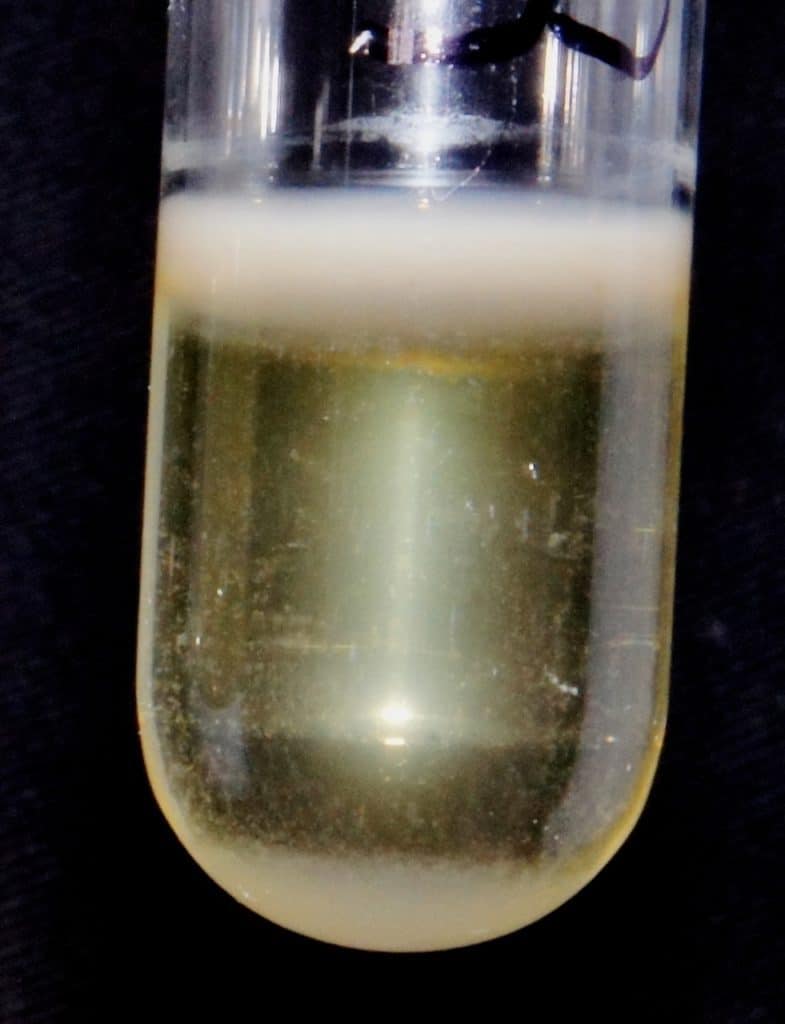
Do Domestic Mares Abort Fetuses to Protect Them? Maybe
Researchers determined that pregnant mares can abort their fetuses as a stress response to prevent future infanticide.

Researchers determined that pregnant mares can abort their fetuses as a stress response to prevent future infanticide.

Two horses stabled at the Maryland facility tested positive for non-neuropathogenic EHV-1 on.April 19.

The index case’s home premises in Palm Beach County has been placed under quarantine.

This is the first study to identify a potential genetic, rather than environmental, cause for foal loss in mares.

Three other horses on the same farm currently have a fever and are being monitored.

The Equine Disease Communication Center reported that three aged mares tested positive for EHV-1 last week.

Three cases of neurologic EHV-1 were confirmed at the Nebraska racetrack in April.

The farm was placed on 30-day quarantine when the first case was confirmed on April 18.

A foal’s first hours are fragile. Here, Dr. Peter Morresey of Rood & Riddle Equine Hospital, in Lexington, Kentucky, shares the early signs of trouble to look for in both the foal and its placenta. What you learn might save a foal’s life.

No single agent reliably disrupted biofilm in all tested bacteria, but several were effective against specific species.

The horse residing in a quarantined barn at the Bensalem, Pennsylvania, track tested positive earlier this week.

All horses exposed to the two positive cases are currently free of clinical signs and are being monitored daily.

Start planning early to make the transition away from mom as smooth as possible.

The affected horse tested positive for non-neuropathic EHV-1 and was euthanized by a private veterinarian.

One of the affected horses has been euthanized while the other two have been isolated on the premises.

Submitting blood and nasal secretion samples gives vets the best chance of accurately diagnosing EHV, researchers found.
Stay on top of the most recent Horse Health news with
"*" indicates required fields